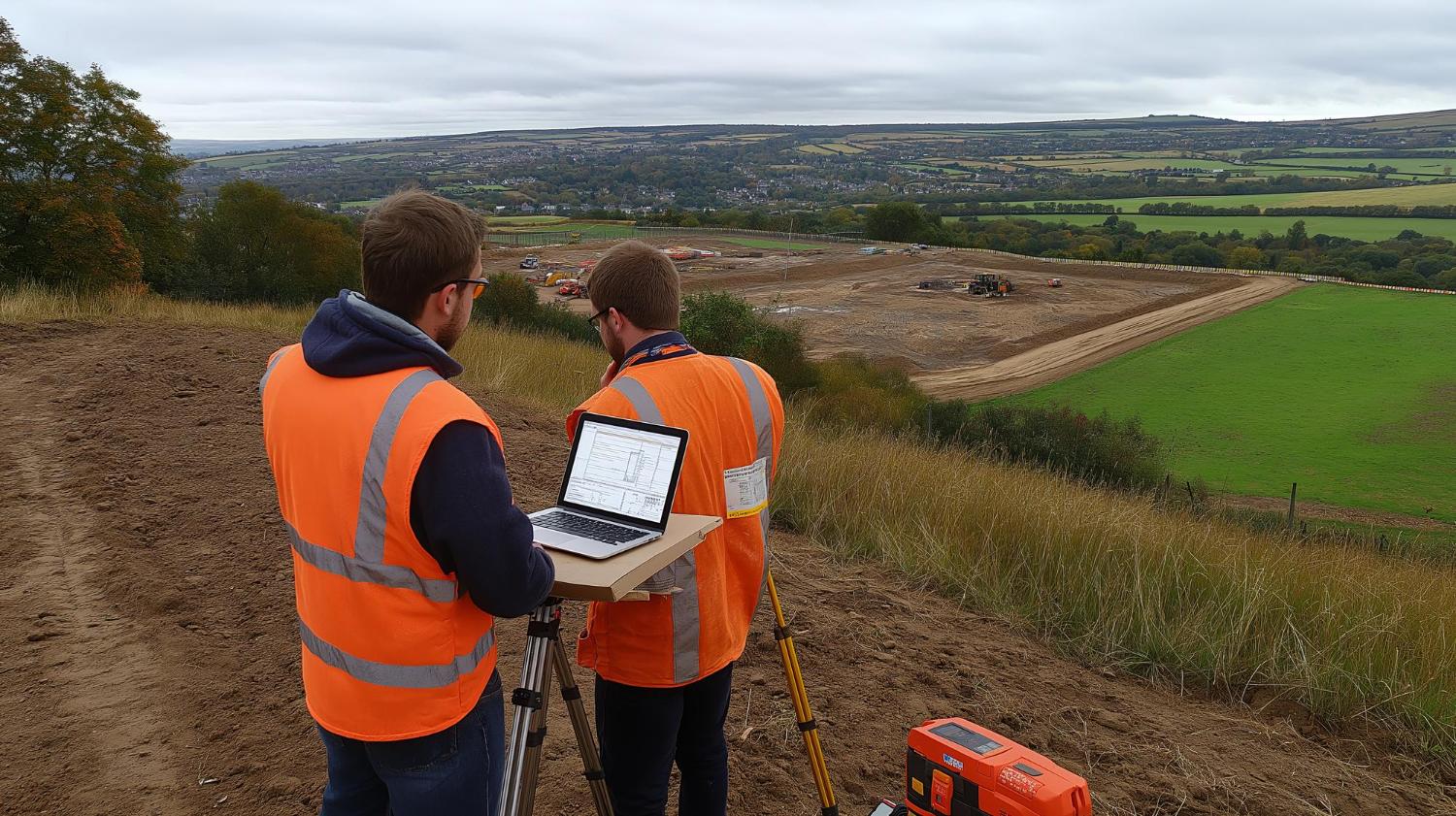Buying vacant land can be an exciting investment opportunity, but it comes with its own set of challenges. One critical aspect that can make or break your purchase is the due diligence process. Due diligence involves thoroughly investigating the property to ensure it meets all your requirements and is free from any potential issues. This careful examination helps you avoid costly mistakes and ensures a smooth transaction.
The first crucial step in this process is conducting a title search. Verifying the property’s title ensures that the land is free of any liens or legal disputes. Next, you’ll need to survey the land and conduct environmental assessments. This helps identify any physical issues or environmental concerns that could affect your plans for the property.
Assessing zoning and land use regulations is another essential part of due diligence. These rules determine what you can and cannot do with the land. Lastly, reviewing financial and legal documentation provides a comprehensive understanding of the property’s status. This includes all contracts, permits, and any other legal papers related to the land.
By following these key steps in due diligence, you can confidently move forward in your land purchase and secure a valuable investment.
Conducting a Title Search
Conducting a title search is the first and most vital step in due diligence when purchasing vacant land. A title search helps confirm that the seller has the legal right to sell the property and ensures there are no hidden surprises, such as unpaid taxes or outstanding mortgages. This step involves investigating public records and previous deeds to verify the property’s ownership history.
One of the primary goals of a title search is to identify any liens or encumbrances on the property. Liens are legal claims against the property due to unpaid debts, which can lead to serious complications if not resolved. Encumbrances, such as easements allowing others to use the land, can affect how you plan to use the property. Knowing about these issues beforehand allows you to make an informed decision.
Title insurance is another key component to consider during a title search. This insurance protects you from financial loss due to title defects or legal disputes that may arise after the purchase. It’s a wise investment that offers peace of mind, ensuring that your ownership rights are secure.
Surveying the Land and Environmental Assessments
Surveying the land and conducting environmental assessments are critical steps that provide a clear understanding of the property’s physical characteristics. A land survey precisely outlines the property boundaries, helping you avoid potential disputes with neighbors. It also identifies any existing structures, natural features, and easements, allowing you to fully understand what you’re purchasing.
Topographical surveys are especially useful for identifying the land’s elevation and slope, which are crucial factors if you plan to build. Knowing the topography helps in designing structures that suit the land’s natural features, preventing issues like soil erosion or drainage problems.
Environmental assessments are equally important. These assessments evaluate the land for potential environmental hazards, such as contamination from previous industrial use or natural risks like flooding. Identifying these problems early on can save you significant money and trouble in the future.
For a thorough environmental assessment, consider hiring a professional environmental consultant. This expert can conduct detailed tests and provide a comprehensive report on the property’s condition. This step ensures that the land is safe for your intended use and helps you comply with environmental regulations.
By conducting a detailed survey and environmental assessments, you gain a complete picture of the land’s condition, which is essential for making an informed investment.
Assessing Zoning and Land Use Regulations
Understanding zoning and land use regulations is essential when buying vacant land. These laws dictate how you can use the property, and failing to comply can lead to costly problems. Zoning laws categorize land into areas like residential, commercial, agricultural, or industrial. Each category has its own set of rules about what can be built and what activities can take place.
Start by checking with the local zoning office to determine the property’s current zoning classification. This information is crucial if you have a specific project in mind. For instance, you might find that residential zoning won’t allow for a commercial venture.
Additionally, consider any land use restrictions. Some properties have deed restrictions or covenants that limit how the land can be used. These restrictions may affect everything from the height of buildings to the types of structures allowed. Make sure you’re fully aware of these constraints before making your purchase.
If you plan to change the land’s use, you’ll need to apply for a zoning variance or a re-zoning application. This process can be time-consuming and may require approval from local authorities. Understanding these regulations ahead of time ensures you’re prepared for any additional steps needed to bring your vision to life.
Reviewing Financial and Legal Documentation
Reviewing the financial and legal documentation associated with a property is a vital step in due diligence. This process involves examining all the legal papers and financial records related to the land, allowing you to make an informed decision.
Start by reviewing the property’s tax history. Unpaid taxes can become your responsibility once you purchase the land. Check for any back taxes and ensure the current owner has settled all obligations. This step helps you avoid unforeseen financial burdens.
Next, scrutinize any existing contracts or leases. If the land is currently leased to tenants, you need to understand the terms and conditions. Knowing about lease agreements in advance helps prevent disputes and ensures a smooth transition of ownership.
Legal documentation, such as permits and approvals, is equally important. Verify that all necessary permits for previous improvements or planned developments are in place. Missing or invalid permits can cause delays and increase costs. Consulting with a real estate attorney can help you navigate these legal intricacies, ensuring all documents are accurate and binding.
By thoroughly reviewing financial and legal documentation, you minimize risks and make a well-informed investment decision.
Conclusion
Performing proper due diligence when purchasing vacant land is a step you cannot afford to skip. Each part of this process, from conducting a title search to reviewing financial and legal documentation, plays a crucial role in ensuring your investment is sound. This comprehensive approach helps you uncover potential issues that could arise later, saving you time, money, and headaches.
Take the time to understand every aspect of the land you’re interested in. Thorough research and careful investigation provide peace of mind and a clear path forward. Investing in vacant land can be highly rewarding, but only if you ensure that all elements align with your plans and needs.
Ready to make a smart investment in vacant land? Contact Azimuth Land Investments LLC today for expert guidance and comprehensive support throughout your buying journey. Make informed decisions with our expert assistance tailored to vacant land buyers like you–get in touch today.




